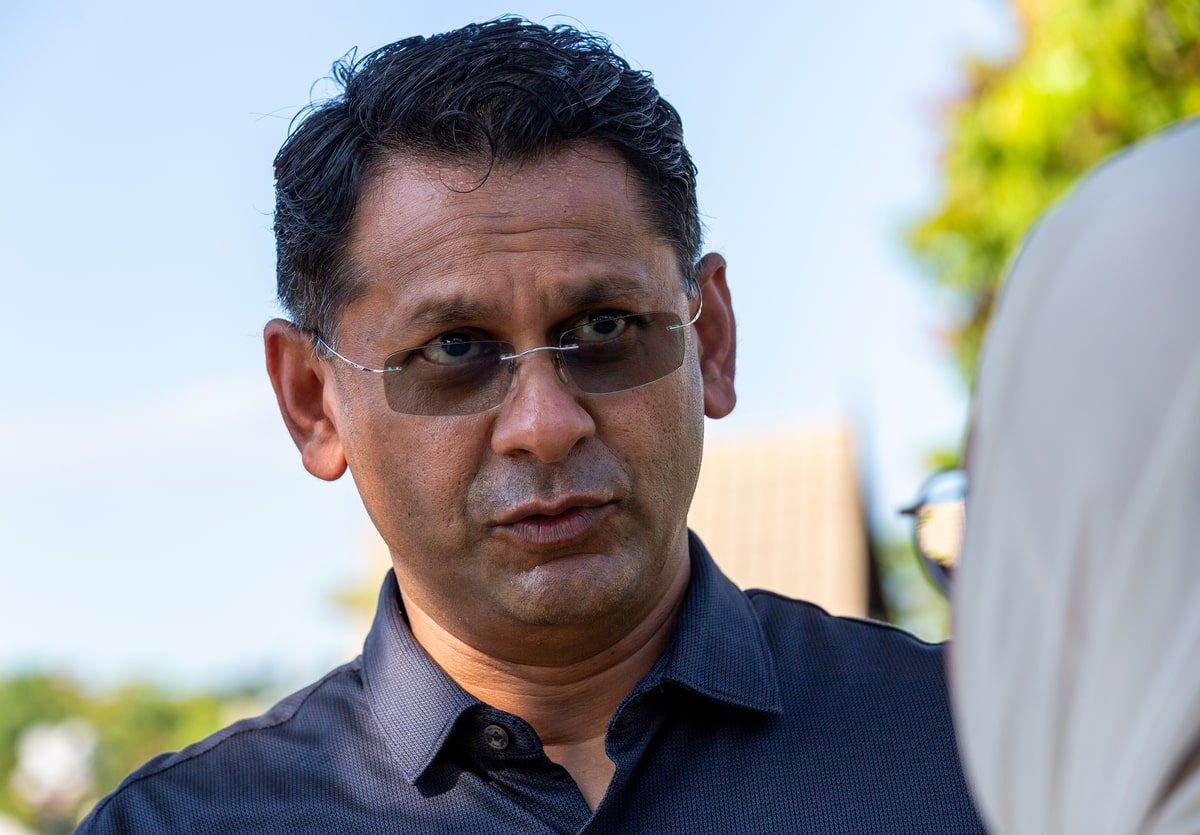KUALA LUMPUR, Oct 28 — The Malaysian Medical Association (MMA) today urged the Malaysian Medical Council (MMC) to issue an ethical advisory that addresses payer interference in doctors’ clinical decisions.
The doctors’ group, led by MMA president Dr R. Arasu, met with the MMC Ethics Committee yesterday to raise ethical issues affecting doctors in private health care. The meeting was chaired by Dr Lim Joo Kiong on behalf of the ethics committee under the regulator of the medical profession.
“MMA urges the Council to issue an updated ethical advisory that addresses blacklisting practices, administrative interference in clinical care, the ethical use of telemedicine, and the appropriate roles of doctors within insurer organisations,” said Dr Arasu in a statement.
“This guidance is essential to clarify boundaries, restore clinical confidence, and protect patient welfare in a health care environment that is rapidly changing.”
He said among the most pressing issues raised at MMA’s meeting with the MMC Ethics Committee was the growing trend of non-clinical interference in patient management decisions.
“Doctors report being subjected to administrative instructions from insurers and managed care organisations (MCOs) that limit the scope of medical investigations, delay appropriate treatments, or restrict referrals – all decisions that should rightly fall within the clinical judgement of the treating doctor,” said Dr Arasu.
MMA highlighted the practice by insurers and takaful operators (ITOs) and MCOs or third-party administrators (TPAs) to blacklist doctors from insurer or corporate panels, allegedly without clear justification or due process.
The doctors’ group claimed that such exclusions were often driven by commercial interests, rather than ethical considerations.
“These decisions not only damage a doctor’s professional reputation but more alarmingly, they compromise the rights of patients, especially insured individuals, by restricting their access to trusted general practitioners or specialists,” said Dr Arasu.
“Ethical exclusion from practice is a serious matter that must only be determined through a professional process under the jurisdiction of the Malaysian Medical Council. The MMC is the only body empowered by law to determine whether a doctor is fit to practise, based on ethical and professional standards.
“Ethical regulation must never be outsourced to commercial hands.”
MMA also raised the issue of clinical circulars and treatment restrictions issued by peer doctors in administrative roles within insurers or TPAs.
“These directives often carry clinical weight without the administrative doctor being directly responsible for patient outcomes. This not only blurs accountability but undermines the treating doctor’s duty to act in the best interest of the patient,” said Dr Arasu.
“Such practices introduce moral hazard and dilute the trust and clarity that must exist in clinical decision-making. Doctors working with insurers or MCOs are still bound by MMC’s ethical guidelines and must avoid conflicts of interest that compromise patient care.”
The MMA delegation voiced the deep frustration of many private practitioners who are expected to be accountable for patient outcomes, while having little authority over the care decisions they are permitted to make.
“The imbalance between responsibility and authority is growing, and with it, the risk of compromised care and declining morale within the medical profession.”
According to Dr Arasu, the MMC Ethics Committee acknowledged the seriousness of these concerns and has undertaken to present them to the full MMC Council.
Besides calling for a new ethical advisory that addresses doctor blacklisting practices and ITO or TPA interference in clinical decision-making, MMA urged the MMC to take an active role in the national Grievance Mechanism Committee (GMC) led by Bank Neegara Malaysia to resolve insurance disputes.
“The Council’s involvement in this platform is vital to ensure that ethical complaints are addressed at the appropriate level, and not left solely to commercial dispute resolution.”
MMA acknowledged potential legal gaps in the Medical Act 1971 to regulate ITOs and TPAs, but stressed that this cannot be a reason for inaction.
“Where the law falls short of protecting ethical practice and patient rights, the MMA urges the Council to take a leadership role in advocating for legal reform. A future-ready health care system must be supported by a future-ready regulatory framework.”
CodeBlue recently published a 200-page report on the full anonymised responses of its nationwide survey among 855 private specialists about health insurance issues, in which 99 per cent perceived payer interference with their practice of medicine.
A joint statement by the Life Insurance Association of Malaysia (LIAM), the General Insurance Association of Malaysia (PIAM), and the Malaysian Takaful Association (MTA), in response to CodeBlue’s poll, did not deny allegations of ITO interference in clinical decision-making.

